Reporting of intra-EU transactions
Intra-Community or intra-EU transactions
are operations involving several companies established or having taxable activities within the European Union.
These transactions have a different VAT treatment and VAT treatment than domestic transactions.
Intra-EU transactions can be:
Intra-EU transactions can be:
- Intra-EU supplies of goods,
- Intra-EU acquisitions of goods,
- Supply of intra-EU services,
- purchases of intra-EU services.
How to report intra-EU supplies of goods?
Supplies of goods from one Member State to another Member State of the European qualify as intra-Community or intra-EU supplies.
These supplies are taxable in the country of departure of the transport of the goods, but are VAT exempt if all the following conditions are met (article 138 Directive 2006/112/EC):
These supplies are taxable in the country of departure of the transport of the goods, but are VAT exempt if all the following conditions are met (article 138 Directive 2006/112/EC):
- The customer has provided a valid VAT registration number in a Member State other than that of departure;
- The goods are transported by or on behalf of the seller or the customer, and the seller must keep the relevant proof of transport;
- The seller must report these intra-Community supplies in his periodic French VAT returns.
Invoices must therefore be issued without VAT and contain notably the following information:
- State of departure and arrival of the goods
- VAT number of the seller
- Customer's VAT number in a Member State other than the state of departure of the goods,
- The mention "VAT exempt intra-EU delivery, art. 138 VAT Directive 2006/112/EC
These intra-Community supplies must be reported in the recapitulative statements or EC sales lists (ESL) of the country from which the goods are dispatched.
How to report intra-Community acquisitions of goods?
Intra-Community acquisitions of goods in BtoB transactions between two VAT-registered companies are taxable for the recipient at the place of arrival of the goods.
The conditions are the same as for intra-Community supplies:
- The customer has provided a valid VAT registration number in another Member State than the one of departure;
- The goods are transported by or on behalf of the seller or the customer, and the seller must keep the corresponding proof of transport;
- The seller must report these intra-Community supplies in his periodical French VAT returns.
- State of departure and arrival of the goods
- VAT number of the seller (State of departure),
- VAT number of the customer in a Member State other than the state of departure,
- The mention "VAT exempt intra-EU delivery, art. 138 VAT Directive 2006/112/EC
These acquisitions will have to be reported on the VAT return and the recapitulative statements filed by the buyer in the state where the goods are delivered and where he is registered.
Depending on the value of the transactions, the buyer may have to file an Intrastat declaration (EMEBI in France, former DEB). When the INTRASTAT threshold is exceeded, the buyer may have to report his intra-EU acquisitions in an INTRASTAT declaration.)
In some countries these transactions must also be reported in the EC purchase list.
How to report sales of intra-EU services?
BtoB services are taxable at the place of establishment of the customer (Article 44 of Directive EU/112/EC). The customer must self-assess the VAT on the return of the country in which he is established.
In principle, the seller of the services does not include these transactions in the VAT return of the country in which he is established.
Invoices issued shall not mention VAT and must mention “Supply of services – Article 44 of the VAT Directive 2006/112/EC”.
However, there are exceptions related to the specific nature of the transactions (e.g. VAT of the place of performance of the service).
How to report intra-Community purchases of services?
In principle, B2B services are taxable at the place of establishment of the customer (Article 44 of Directive EU/112/EC). The customer must self-assess the VAT on the return of the country in which he is established.
As a principle, BtoB intra-EU purchases of services are reported by the buyer at the place where he is established.
Invoices issued shall not mention VAT and must mention “Supply of services – Article 44 of the VAT Directive 2006/112/EC”.
However, there are exceptions related to the specific nature of the transactions (e.g. VAT of the place of performance of the service).
Who are we ?
Founded in 1984, our company's mission is to assist large national and international companies as well as SMEs in the analysis and operational implementation of VAT compliance rules in Europe.
TEVEA International offers its customers tailor-made services to best meet the expectations of professionals. We have a team of multilingual consultants, including European and international VAT compliance specialists, to assist you.



